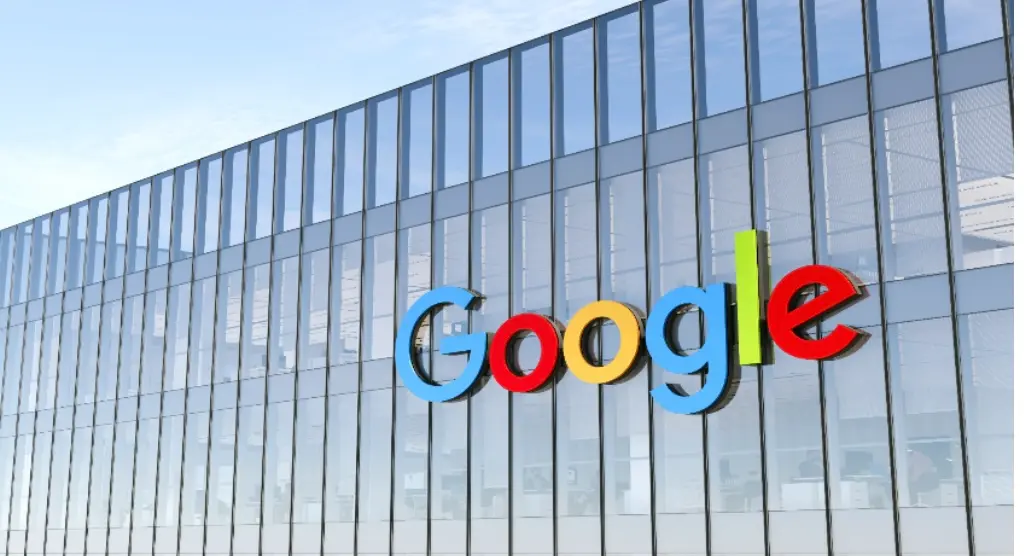• Google admitted that tying pre-installation deals with Telstra and Optus “substantially lessened competition” between late 2019 and early 2021.
• The settlement and accompanying commitments mark a turning point in how search engine choice is handled on Android devices, opening the way for more consumer options.
What happened:Google fine and telco deals
Google has agreed to pay a A$55 million fine after the Australian Competition and Consumer Commission (ACCC) found that the company struck anticompetitive deals with leading telcos Telstra and Optus, requiring exclusive pre-installation of the Google Search app on Android devices sold by those providers—a measure that effectively blocked rival search engines.
These arrangements, in place between December 2019 and March 2021, meant competing search options were excluded from devices, while the telcos received a share of ad-revenue generated from Google Search. Google conceded that the deals “likely reduced competition” and has since discontinued such agreements, offering a court-enforceable undertaking to remove restrictions on default search-engine contracts.
The ACCC and Google have jointly submitted the proposed penalty to the Federal Court, which must still approve the fine. The regulator noted that Google’s cooperation helped avoid protracted litigation.
Also read: UK’s CMA targets Apple, Google mobile dominance
Also read: Cash App adds group payments with Apple and Google Pay
Why it’s important
This case marks a significant shift in how digital market dominance is regulated—especially as alternative search technologies, including AI-powered tools, begin to challenge traditional engine models. ACCC Chair Gina-Cass Gottlieb emphasised that curbing such exclusionary conduct is vital to ensuring “greater search-choice” and meaningful access for rival providers.
Moreover, this action complements broader regulatory pressure on tech giants in Australia. Google is already facing unfavourable outcomes in an Epic Games-led lawsuit concerning rival app store competition, and YouTube has recently been included in Australia’s social media restrictions for users under 16—signalling an increasingly tough environment for Big Tech.
For consumers, the settlement ends a period in which search defaults were effectively locked, opening the door to real choice. For regulators globally, it reaffirms that digital giants cannot assume competitive privilege on devices they don’t fully control. And for the industry at large, it sets a precedent: exclusivity for preferred search engines will likely no longer be tolerated.

